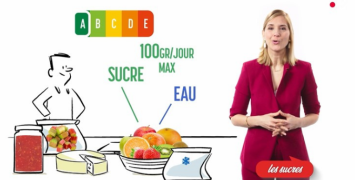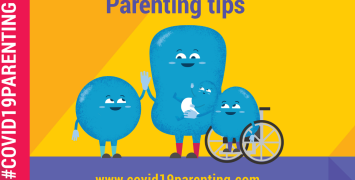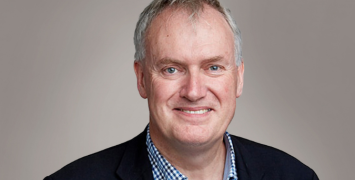How science meets community to create impact
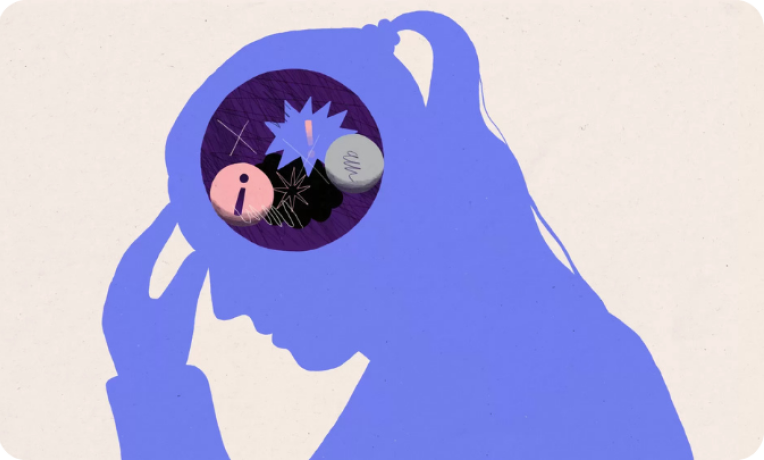
Tobias Hauser has bridged the gap between neuroscience and community needs by co-creating an interactive resource on obsessive-compulsive disorder.
Imagine being trapped in a cycle of unwanted thoughts and compulsions, unable to break free. This is the reality for millions living with obsessive-compulsive disorder (OCD). Tobias Hauser has dedicated his career to studying how the brain functions in OCD. Despite the wealth of knowledge generated by his research, Hauser realised that his findings weren't reaching those who needed them most—people struggling with OCD every day.
Determined to break out of ‘the ivory towers of research,’ as he calls it, Hauser began collaborating with the OCD community. From the start, this project was deeply participatory. Hauser’s team consulted individuals with lived experience of OCD to understand their needs and concerns. They partnered with charities like the International OCD Foundation (IOCDF) and OCD Action, whose support was vital in identifying participants and building trust within the community. These organisations acted as ‘door openers,’ ensuring the project was inclusive and informed by real-world perspectives.
Central to this initiative was co-production: every message and resource was shaped in collaboration with people who had lived experience of OCD. Rather than assuming what was important, Hauser’s team asked directly: ‘What do you want to know?’ This approach resulted in a resource that resonated deeply with its audience, using accessible language tailored specifically for young people with OCD. ‘Having people with lived experience in the loop allowed us to create something meaningful for the community,’ Hauser reflects.
Having people with lived experience in the loop allowed us to create something meaningful for community
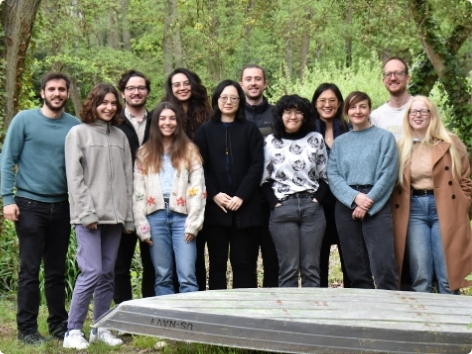 The launch of these materials also relied heavily on community involvement. With support from charities, Hauser’s team organised a large-scale event and used their networks to reach thousands of individuals. The project’s success demonstrated how public engagement can amplify scientific impact far beyond academic circles.
The launch of these materials also relied heavily on community involvement. With support from charities, Hauser’s team organised a large-scale event and used their networks to reach thousands of individuals. The project’s success demonstrated how public engagement can amplify scientific impact far beyond academic circles.
The journey wasn’t without challenges. Translating complex scientific insights into accessible content required significant effort, as did addressing sensitive topics with care.
‘Some individuals shared deeply personal experiences they hadn’t even discussed with their therapists,’ Hauser explains. To create a safe space, his team implemented structured support systems, including clear protocols, charity representatives at discussions, and a researcher-therapist available for immediate assistance. Creative tools like poetry and drawing also helped participants express themselves comfortably.
Bringing your knowledge to the public produces better science
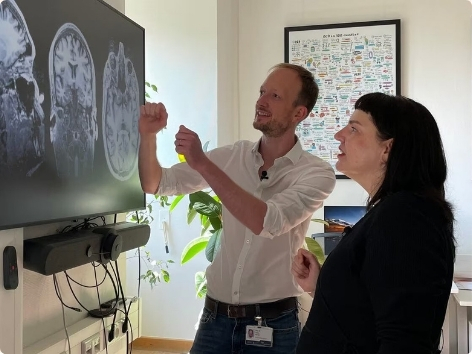 One of Hauser’s biggest revelations was recognising the gap between what scientists find interesting and what communities want to know. ‘We often assume something is important,’ he says, ‘but for the community, it might not be.’ This insight reshaped his approach to research—his team now consults advisory panels of people with lived experience before drafting grants or designing studies. Their input has fundamentally shifted research priorities, making them more relevant and impactful.
One of Hauser’s biggest revelations was recognising the gap between what scientists find interesting and what communities want to know. ‘We often assume something is important,’ he says, ‘but for the community, it might not be.’ This insight reshaped his approach to research—his team now consults advisory panels of people with lived experience before drafting grants or designing studies. Their input has fundamentally shifted research priorities, making them more relevant and impactful.
‘Previously, we did research like most scientists—we pursued ideas we found interesting,’ Hauser admits. ‘Now we consult people with lived experience from the start, which has transformed our work into something much more collaborative.’
Reflecting on the experience, Hauser notes that it hasn’t just changed his research but also influenced his colleagues’ approaches. Many who were on his team and have moved on to other projects have adopted similar methods in their own work. If he were to do it again, he says he would better anticipate the time commitment involved but remains convinced that having strong support is key to balancing research with public engagement.
In an era where public trust in science is fragile, Hauser sees engagement as both a responsibility and a necessity. ‘Stand up and bring your knowledge to the public,’ he urges scientists. Beyond its societal value, he believes public engagement strengthens research itself—by fostering trust, improving study design, and producing better science overall. His work stands as a testament to how truly collaborative research can enrich both scientific discovery and the lives of those it seeks to improve.

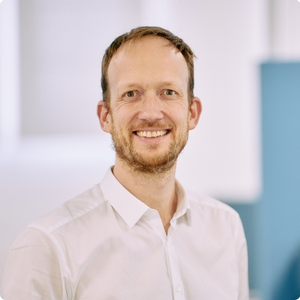
Biography
Tobias Hauser is a full Professor of Computational Psychiatry at the University of Tübingen and an Honorary Professor at University College London (UCL). As the head of the Developmental Computational Psychiatry group, he wants to understand how neurocognitive mechanisms can go awry and lead to mental health problems. His ERC Starting Grant project NeuroFlux is about understanding the impact of brain fluctuations on decision making.


